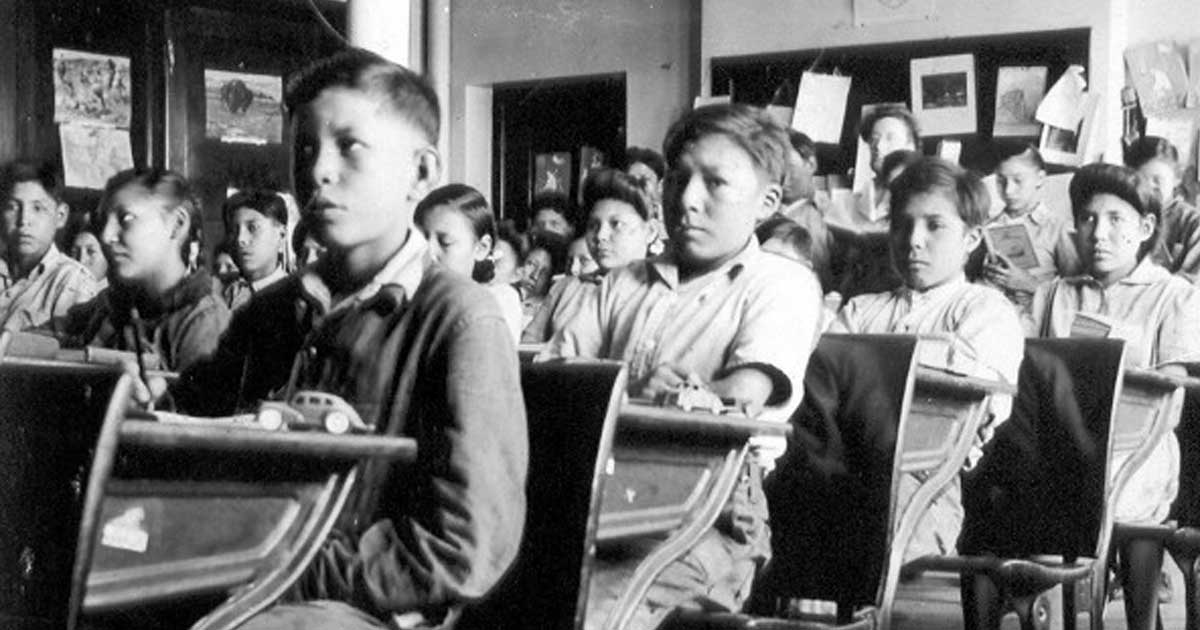I don't care about the colour of your skin. I'm interested in hiring
someone who wants to work on the project and is good at it,' Prof.
Patanjali Kambhampati say.
Michael Higgins
Publishing date:
Nov 24, 2021
An award-winning Canadian scientist said he has been refused two federal
government grants for his research on the grounds of “lack of
diversity” — even though he is originally from India and has repeatedly
suffered racism.
Patanjali Kambhampati, a professor in the chemistry department at
Montreal’s McGill University, believes the death knell for the latest
grant was a line in the application form where he was asked about hiring
staff based on diversity and inclusion considerations. He says his
mistake was maintaining that he would hire on merit any research
assistant who was qualified, regardless of their identity.
“We will hire the most qualified people based upon their skills and mutual interests,” Kambhampati wrote on the application.
“I’ve
had two people say that was the kiss of death,” said Kambhampati. “I
thought I was trying to be nice saying that if you were interested and
able I’d hire you and that’s all that mattered. I don’t care about the
colour of your skin. I’m interested in hiring someone who wants to work
on the project and is good at it.”
Kambhampati said he didn’t go public after the first grant was
rejected but decided to speak out now because the increasing use by the
government of equity, diversity and inclusion, aka “EDI,” provisions, as
well as woke culture, are killing innovation, harming science and
disrupting society.
“I believe this is an important stand to make. I will not be silenced anymore,” he said.
Kambhampati’s
work explores the cutting edge of super-fast laser science, a field
that spans everything from telecom to medicine. He believes Canada can
become a world leader in the field.
If I want to focus on merit, fairness and equality, then you get called out as a racist or sexist
But
his application for a $450,000 grant this month from the Natural
Sciences and Engineering Research Council of Canada (NSERC) was turned
down because, the council said, “the Equity, Diversity and Inclusion
considerations in the application were deemed insufficient.”
His grant application a year ago to the federally funded National
Frontiers in Research Fund — whose object is “to support world-leading
interdisciplinary, international, high-risk/high-reward, transformative
and rapid-response Canadian research” — was also turned down on similar
grounds.
Because both applications were rejected at the
bureaucratic level, it means that neither proceeded to the step where
they would be forward to other scientists to review Kambhampati’s
proposals.
But Kambhampati said he believes basing his hiring decisions on merit is a valid, moral position to hold.
“I
think what’s happened is the woke and the social justice warriors have
made a moralistic argument the way the religious right used to make
moralistic arguments. And now people are afraid to challenge them. But I
think it’s okay to say I believe that equality is a morally valid
position. I believe that meritocracy is a morally valid position.”
A request for comment from NSERC was not answered on Tuesday.
Around
the same time that Kambhampati’s latest application was turned down,
another arm of the government, the Canadian Institutes of Health
Research, gave Dr. Lana Ray, a professor at Lakehead University in
Thunder Bay, Ont., a $1.2-million grant to study cancer prevention using
traditional Indigenous healing practices. When the award was announced,
Ray said “We need to stop framing prevalent risk factors of cancer as
such and start thinking about them as symptoms of colonialism.”
Kambhampati, 50, was born in India and moved to the United States
when he was four. He lived and worked in Minnesota, Texas and
California, before moving to Montreal in 2003 to take up a professorship
at McGill. As an immigrant he said he had experienced numerous
incidents of racism.
“In childhood I used to get constant
beatings and name calling,” he told National Post, adding that as an
adult, he would also get harassed by U.S. border guards, and has been
racially profiled in Canada, too.
“Two years ago, I had eight
police officers break into my house because I was sitting on my porch
while brown. That happened on Canada Day.”
But he says his experiences taught him to treat everyone equally and fairly.
“People
do different things. They have different abilities. They have different
interests,” he said. “To me, the whole point is to treat people as
individuals, so that’s what I do in my life. My way of dealing with
racism, or sexism, or any other ‘ism’ is to treat people as
individuals.”
As
scientists, he said, “we don’t believe in EDI. We believe in merit,
fairness and equality. You should be fair in your procedures and treat
people as equals.”
However, “if I want to focus on merit,
fairness and equality, then you get called out as a racist or sexist and
I refuse to let that happen to me,” Kambhampati said.
“I
actually get called a racist constantly by white university students who
believe that prejudice plus power equals racism. And as a result (they
say), I have internalized racism. So, if you are a minority who thinks
that the racism of the woke left is overstated they say you have
internalized racism.”
https://nationalpost.com/news/canada/minority-professor-denied-grants-because-he-hires-on-merit-people-are-afraid-to-think












